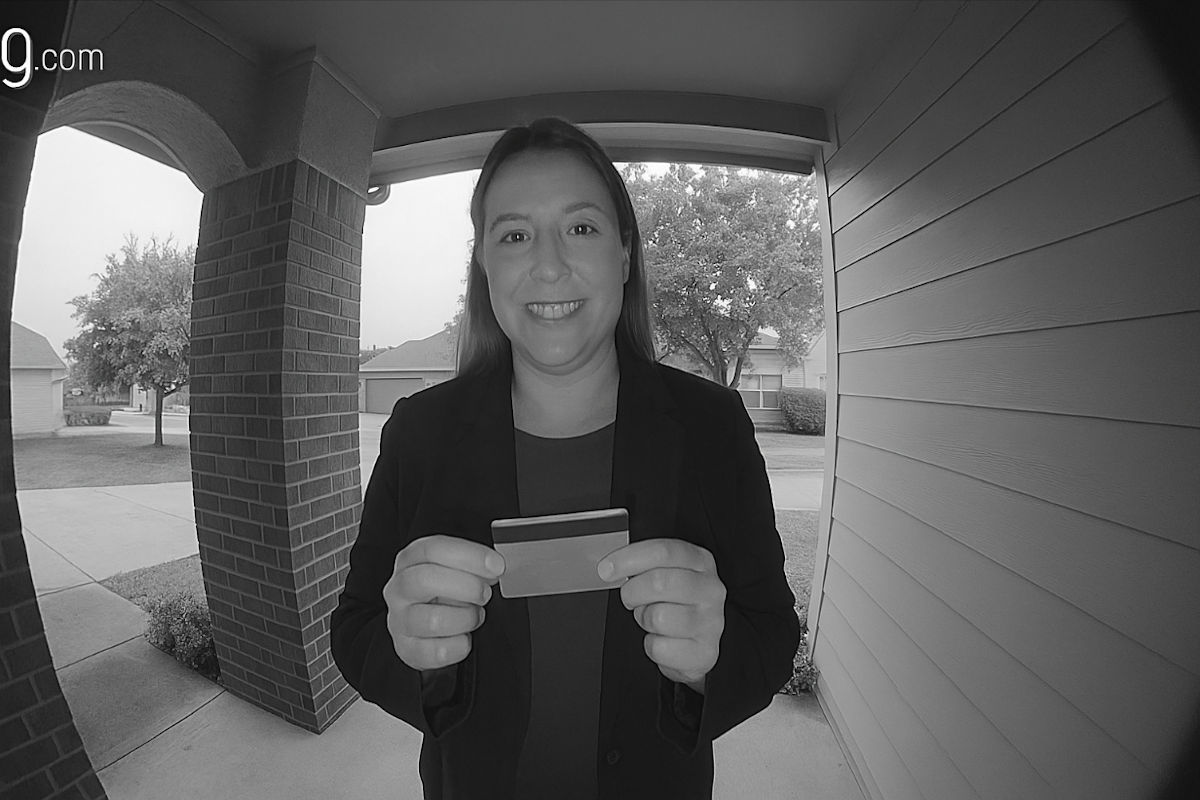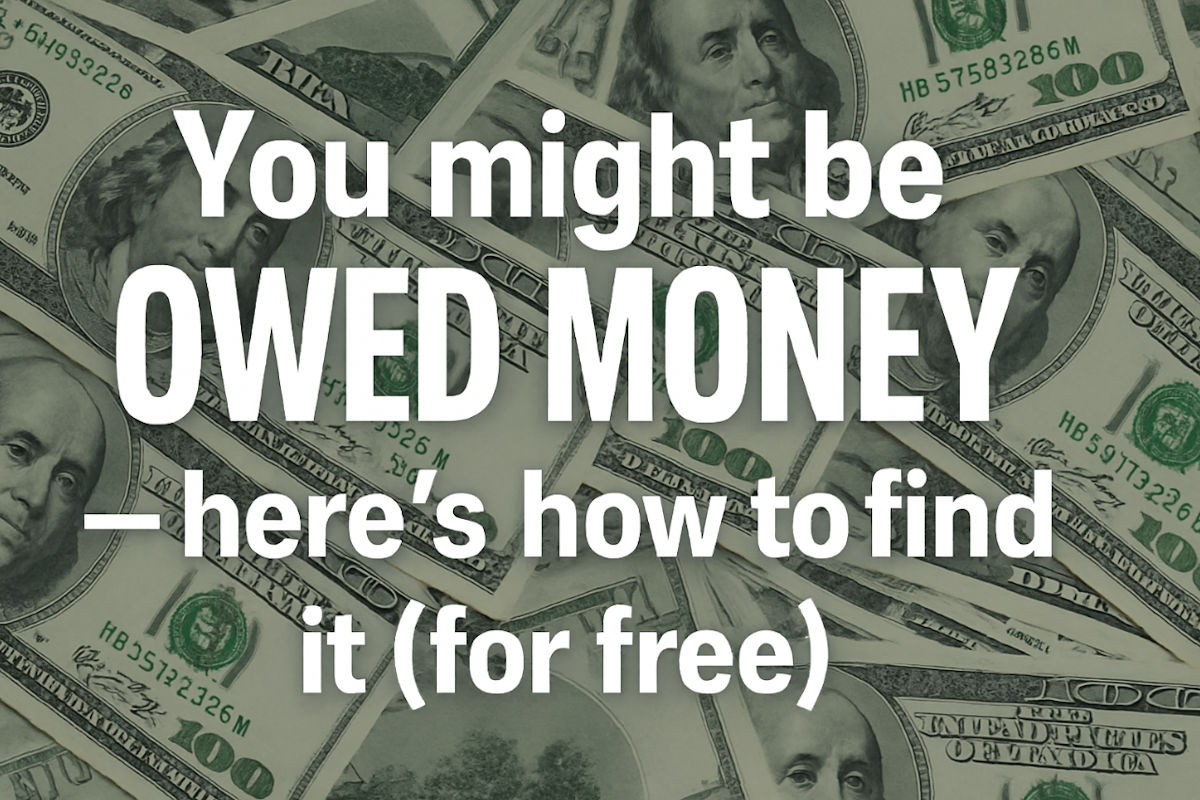Ideal number of bank accounts: Is one bank account enough? Probably not. My pal, Clark Howard, recommends at least two bank accounts, but you may need more if you’re married or use payment apps. Subscribe to Clark’s free newsletter to receive more must-have money tips every day.
🎥 She rang his doorbell. Smiled. Took his bank card. Then drained his bank account.

Scott Merovitch did everything right, or so he thought. A longtime Wells Fargo customer, he got a call that seemed totally legit. The person on the line knew his recent transactions. They said his debit card had been compromised and the bank needed to send someone to his house to collect it.
A woman actually showed up. Professional. Calm. Friendly.
She took Scott’s debit card, cut it in half right in front of his Ring doorbell camera, then left. Within an hour and a half, over $20,000 vanished from Scott’s account.
They hit up local ATMs at grocery stores, withdrawing cash like it was Monopoly money. Gone.
⚠️ Why this scam is different
This isn’t your usual sketchy email or random text with broken grammar.
These scammers:
- Spoof real Wells Fargo phone numbers.
- Know your account activity.
- Sound exactly like a fraud rep you’d trust with your taxes.
- And yes, they literally walk up to your front door like they’re returning your lost dog.
By the way, this can happen with any bank. It’s not limited to just Wells Fargo.
💔 The cost can be more than money
This scam has claimed more than cash. In Florida, 52-year-old Paul Schendel lost $6,800 to the same scheme. He was told the bank wouldn’t refund him.
His family says the stress was too much. The very next day, Paul died of a heart attack. So sad.
Might be owed money? Here’s how to find it (for free)

I’ll never forget helping Robert from Virginia find $24,578 sitting in a bank account he didn’t know existed. He heard me talk about how to find hidden money on my national radio show.
Every year, I shout about this from the rooftops (and my national radio show). Lost money isn’t a myth. It’s trillions just chilling in government vaults and banker spreadsheets, waiting for someone like you to claim it.
Thousands on imposter websites are stealing your banking info
Scammers are operating websites masquerading as major brands. I’ll tell you what to look out for, in one minute.
Bank fraud is rising – How to protect yourself

The scams don’t stop — and here’s another one you need to know about. Your phone rings. It’s a rep from your bank, and they’re warning your account has been compromised. You’re smart, so you immediately suspect it’s a scam.
How to deal with a cyberstalker
Let me tell you, more and more victims of cyberstalking are reaching out to me for advice using my Ask Kim page. Here’s one note I received recently from P.W. in Oklahoma:
“I’ve been cyberstalked for three years. I recently discovered it was my roommate. I moved out and he launched another attack. He’s on my and my fiance’s phones, Wi-Fi, Bluetooth — everything. He has stolen financial data, pictures, erased accounts, taken over emails and harassed me through VOIP. … He admitted to sitting outside our house all night. I thought he was spying on me. Now I know he was also gaining access to my Wi-Fi. I can’t do this anymore and need expert advice/help terribly.”
Keep your payment cards safe with these RFID-blocking cards and wallets

The first credit cards were launched by Diner’s Club way back in 1950. They didn’t have nearly the functionality as they do today, and at the time, they could only be used for restaurant bills. Other banks soon followed, and one of the most popular paying methods was born.